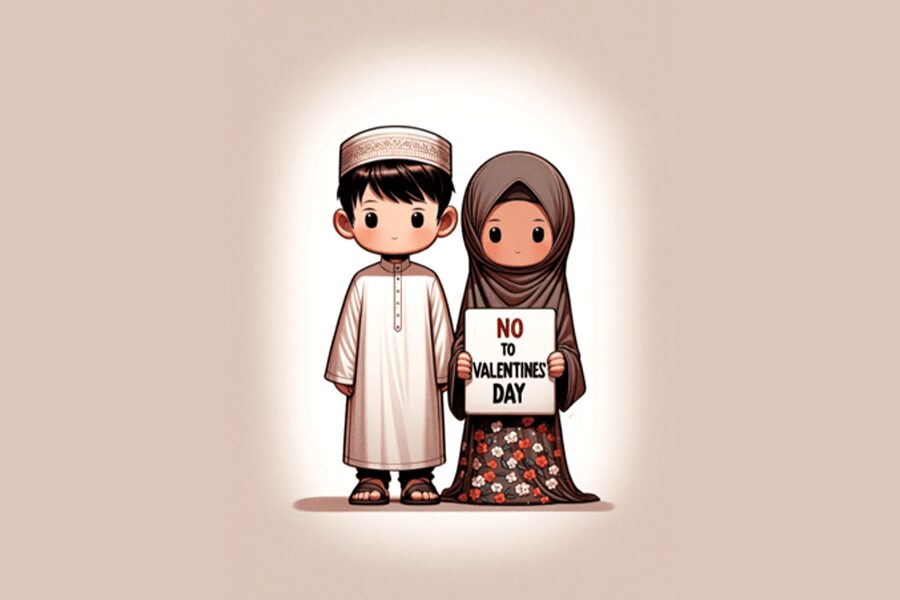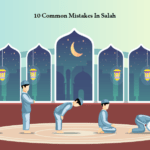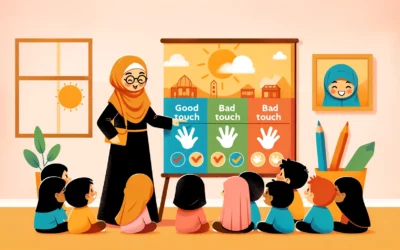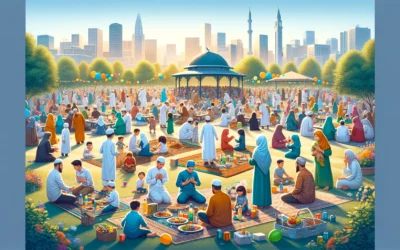Table of Contents
ToggleIntroduction
Valentine’s Day, recognized globally as a day of love and romance every February, often raises questions about its observance in different cultures and religions, particularly in the context of why Valentine’s Day haram or prohibited in Islam. This comprehensive analysis aims to shed light on the reasons Valentine’s Day is generally not celebrated in the Muslim community, delving into the historical, religious, and cultural dimensions.
The Historical Context of Valentine’s Day: Origins in Ancient Rome
Valentine’s Day’s history can be traced back to the ancient Roman festival of Lupercalia, celebrated between February 13th and 15th. Unlike the modern romantic associations of Valentine’s Day, this festival was characterized by rituals of violence and fertility rites. Men would sacrifice animals and use their hides to strike women, believed to promote fertility. The festival included a matchmaking lottery, where men chose women’s names at random for temporary pairings. This historical context contributes to the viewpoint of ‘why Valentine’s Day is prohibited in Islam’, as these origins are in stark contrast to Islamic values.
Islamic Principles and Cultural Practices: Rejecting Non-Islamic Traditions
Islamic teachings often discourage participation in celebrations like Valentine’s Day that don’t align with Islamic values and principles. The historical roots of Valentine’s Day, combined with its current associations with behaviours such as alcohol consumption and premarital relationships, are in direct contradiction to Islamic ethics that actually make Valentine’s Day haram. The Prophet Muhammad (PBUH) is quoted in Abu Dawud stating, “Whoever imitates a nation is but one of them,” underscoring the importance of maintaining Islamic identity and avoiding practices that are considered haram, such as Valentine’s Day celebrations.
Love and Relationships in Islam: Daily Expressions of Love
In contrast to the concept of expressing love on a specific day like Valentine’s Day, Islam advocates for demonstrating love and appreciation daily. The Prophet Muhammad (PBUH) consistently expressed love and gratitude to his family, setting an example of continuous affection and care. This perspective answers the question, ‘Can Muslims celebrate Valentine’s Day?’ by highlighting that in Islam, relationships are sacred bonds, with specific rights and duties outlined in the Quran and Sunnah to nurture and protect these connections.
The Emphasis on Love in Islamic Teachings: Guidance from Quran and Hadith
Islamic scripture extensively addresses themes of love, peace, and tranquillity, emphasizing their importance in everyday life. The practice of giving gifts, showing kindness, and speaking affectionately is encouraged regularly, not just annually. This approach to love and relationships is in contrast to the Valentine’s Day celebration, which is often seen as contradictory to these teachings. This all bonds for that why valentine’s day haram in islam and ho wit is responsibility of parents to keep telling the logic of not celebrating valentines day
Conclusion
In summary, the reluctance to celebrate Valentine’s Day among Muslims can be attributed to the festival’s historical origins, the emphasis on preserving Islamic customs and values, the religion’s advocacy for daily expressions of love and care, and the teachings of the Quran and Hadith that emphasize ongoing compassion and affection. This perspective reflects the broader Islamic view on love, relationships, and the celebration of life’s blessings, answering the queries ‘why Valentine’s Day is prohibited in Islam’.
Frequently Asked Questions (FAQs) About Islam and Valentine’s Day:
Q1: Why don’t Muslims celebrate Valentine’s Day?
Answer: Muslims typically do not celebrate Valentine’s Day because it is seen as a holiday with origins and practices that do not align with Islamic values. The historical roots of Valentine’s Day in the pagan festival of Lupercalia and its later association with Christian martyrdom are not in harmony with Islamic teachings. Moreover, the day’s modern customs often involve behaviors like alcohol consumption and casual romantic liaisons, which is why valentine’s day haram in islam.
Q2: What is the historical origin of Valentine’s Day?
Answer: Valentine’s Day originated from the ancient Roman festival of Lupercalia, celebrated from February 13th to 15th. This festival involved rites of fertility and violence, quite unlike the romantic connotations of today’s Valentine’s Day. Additionally, the day commemorates the martyrdom of two men named Valentine by Emperor Claudius II in the 3rd century A.D., later adopted and honored by the Catholic Church.
Q3: What does Islam say about following non-Islamic cultural practices?
Answer: Islam generally advises against participating in non-Islamic cultural practices and celebrations, especially when they conflict with Islamic values and teachings. This is reflected in the saying of the Prophet Muhammad (PBUH), “Whoever imitates a nation is but one of them,” emphasizing the importance of maintaining a unique Islamic identity and practices.
Q4: Are there any Islamic alternatives to Valentine’s Day?
Answer: While Islam does not have a direct alternative to Valentine’s Day, Islamic celebrations like ‘Eid Al-Adh-haa and ‘Eid Al-Fitr, introduced by the Prophet Muhammad (PBUH), are considered more meaningful. These festivals focus on religious significance, community, and acts of acknowledgement to Allah’s blessing.

















